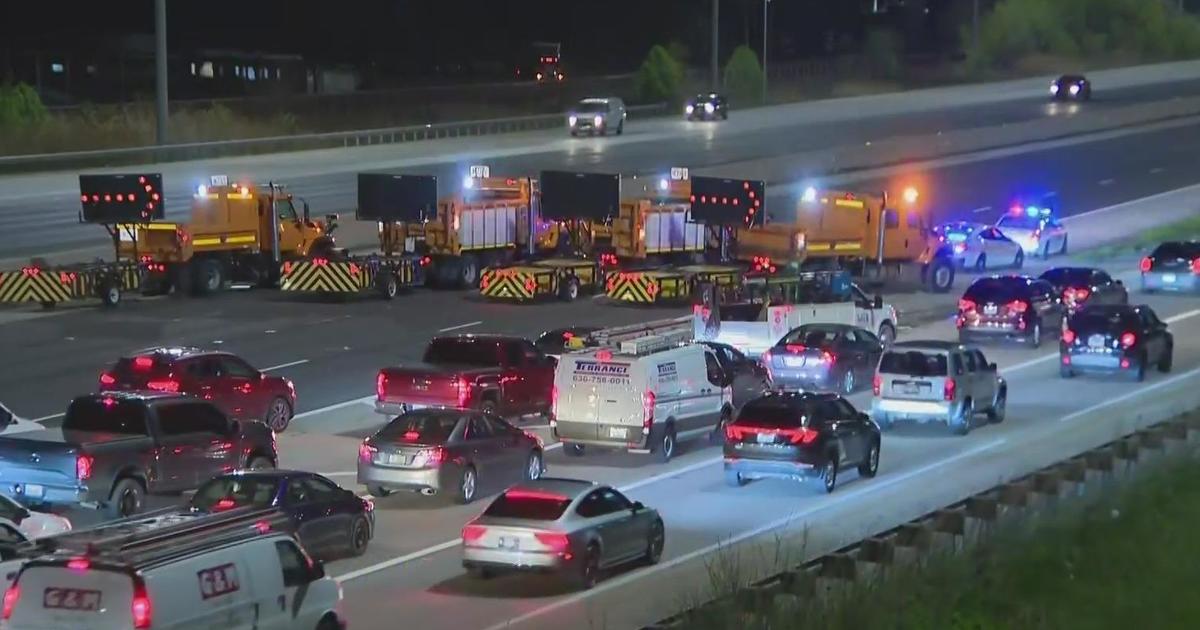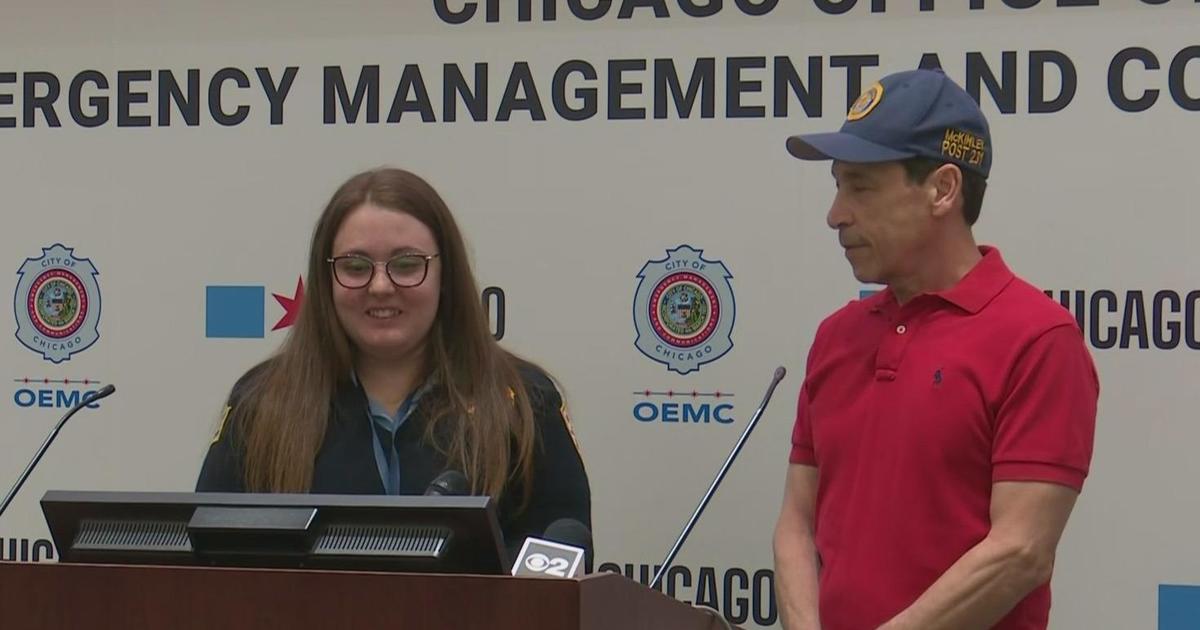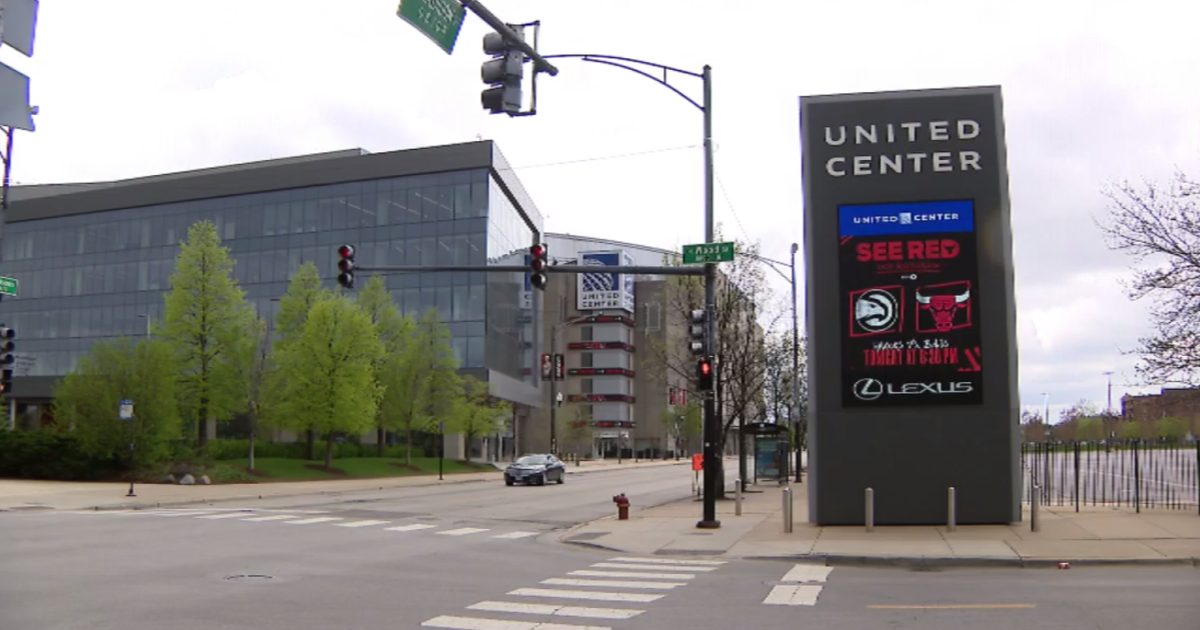Chicago Engineer Hired To Probe Indiana Stage Collapse
CHICAGO (CBS) -- Chicago-based structural engineers have been put in charge of the finding out what led to the terrifying stage collapse that killed five people on Saturday at the Indiana State Fair.
Similar outdoor stages are frequently seen in Chicago, especially during the summer concert season.
CBS 2's Dana Kozlov reports on what the city does to make sure that doesn't happen here.
Like a Tinker Toy, the Indiana State Fair stage collapsed in seconds on Saturday.
On Tuesday, the investigation into why it happened ramped up a notch.
"There isn't going to be any question that we aren't going to investigate," Indiana State Fair Commission Chairman Andre Lacy said.
To help do that, the commission has hired the engineering firm Thornton Tomasetti.
Scott Nacheman, vice president of the Chicago office, said, "We're collecting data from the field, from existing documents, from building design information, structural design information, manufacturer's information."
The goal, of course, is to figure out if the structure was constructed properly and stable enough to handle the straight line wind that sent it toppling to the ground.
But stages similar to the one in Indiana are familiar to Chicago audiences, too.
Paul McCartney sang on a massive stage at Wrigley Field. The Dave Matthews Band jammed on one at a South Side music festival and a massive stage anchors the annual Lollapalooza music fest.
But who ensures they're safe? That falls to the city's Buildings Department. According to a spokesperson, outdoor stages go through the same permit and inspection process as other structures. They have to meet minimum saftey requirements - including construction to withstand 30 to 35 mile per hour winds.
Event organizers must also give the city a high wind action plan for stronger winds - which includes quickly removing coverings and disassembling parts of the stage.
Ideally, with all requirements in place, the Buildings Department's spokesperson said that the city's outdoor stages should be able to handle even a straight line wind.



